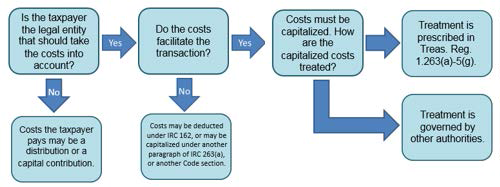Presented below is our summary of significant Internal Revenue Service (IRS) guidance and relevant tax matters for the week of September 17 – 21, 2018:
September 17, 2018: The Treasury Inspector General for Tax Administration (TIGTA) released a report reviewing whether the IRS complied with legal and internal guidelines governing the seizure of property for unpaid taxes.
September 17, 2018: TIGTA released a second report compiling statistical information reported by the IRS in order to provide information about how the IRS uses its compliance resources and the resulting tax collections.
September 18, 2018: The IRS published Revenue Ruling 2018-17, which provides the applicable federal interest rate for October 2018 and other interest rates.
September 19, 2018: The IRS published Revenue Procedure 2018-49, which allows taxpayers that early adopted a method of revenue recognition to change such method to one described in Section 16.11 of Revenue Procedure 2018-31. This is a very important method change that affects many taxpayers who have to comply with ASC 606.
September 20, 2018: The IRS announced in Notice 2018-72 that it intends to amend the section 871(m) regulations to delay the effective date of certain provisions.
September 21, 2018: Treasury and the IRS published proposed regulations that would remove from the section 385 regulations minimum documentation requirements that must be satisfied for certain related-party debt to be respected as such for tax purposes. We previously commented on this here.
September 21, 2018: The IRS released its weekly list of written determinations (e.g., Private Letter Rulings, Technical Advice Memorandum and Chief Counsel Advice).
Special thanks to Kevin Hall in our DC office for this week’s roundup.
read more

 Subscribe
Subscribe





